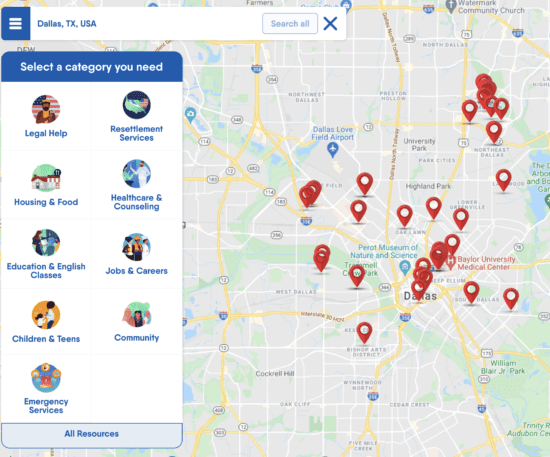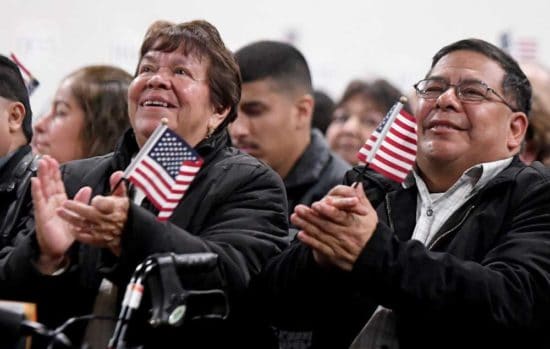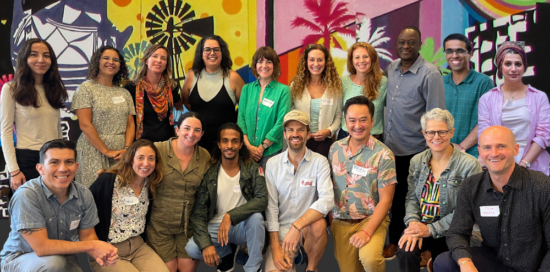Raadi. Baro. Barwaaqow.
Macluumaadka ay bulshooyinka soo galootiga ah ku tiirsan yihiin
Ku qaado fasal bilaash ah onleen
Wax ku baro meel kasta
Wax ku baro taleefankaaga ama kombayutarka. Baro wakhti kasta, meel kasta oo aad joogto.
Fudud in la isticmaalo
Ku soco xawaarahaaga. Akhri casharrada oo qaado su'aalo inta jeer ee aad rabto.
Laguu sameeyey adiga
Fasalladeena waxaa loo sameeyay bartayaasha luuqadda Ingiriisiga.
Fasalka GED®
Ku baro GED ®® dibloomadaada onleen. Diploma dugsiga sare ah, waxaad ku tagaan kartaa kulleyga ama shaqo wanaagsan hesho.
Ku biir fasalka
Caawinaad ka raadi agagaarkaaga
Hel caawimo xagga sharciga ah, fasallo Ingiriisi ah, rugo caafimaad, taageerada hoyga, iyo qaar kaloo badan. Ka raadi khariidadda maxaliga ah iyo liiska adeegyada loogu talagalay soo galootiga dalka Maraykanka oo wata app FindHello.






